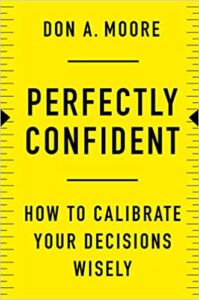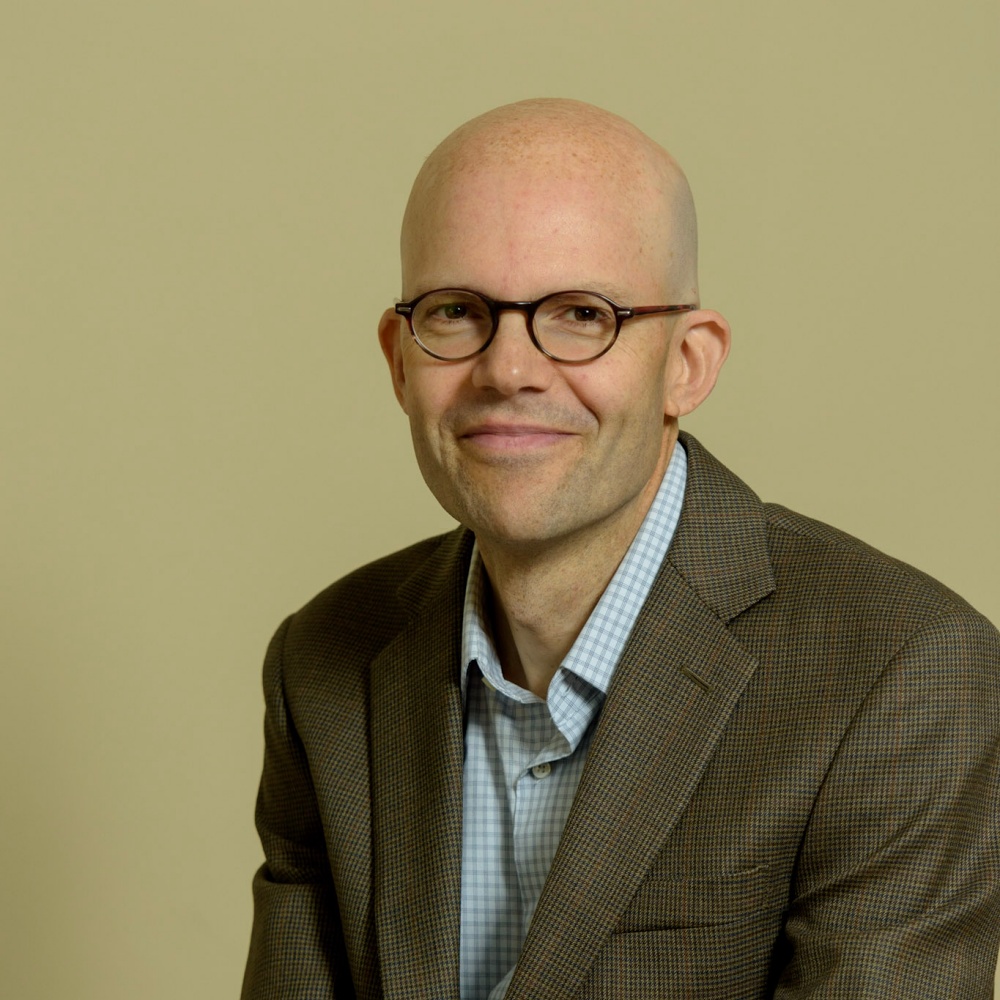Podcast: Play in new window | Download
 Who isn’t impressed by a highly confident person? Confident applicants are more likely to be hired, & self-assured politicians are more likely to be elected. Because we believe it produces a winning edge, we all strive to be self-confident.
Who isn’t impressed by a highly confident person? Confident applicants are more likely to be hired, & self-assured politicians are more likely to be elected. Because we believe it produces a winning edge, we all strive to be self-confident.
In fact, a surge of confidence can feel fantastic. It offers us a rush of energy – & feelings of invincibility – that help propel us in those moments of adversity when we’re called upon to be courageous & decisive.
But surprising, extensive & eye-opening research by U.C. Berkeley business school professor, Don Moore, finds that while some confidence is good, overconfidence is often a leadership derailleur. In fact, no problem of judgment & decision making is more prevalent and more potentially catastrophic than over-confidence. In Moore’s words, “self-help books & motivational speakers tell us that the more confident we are, the better. But this way of thinking can lead to enormous trouble.”
 Over-confidence has been blamed for the sinking of the Titanic, the loss of two space shuttles, the sub-prime crisis & the nuclear accident at Chernobyl. Despite what we may commonly have accepted as truth, there are huge risks to being over-confident.
Over-confidence has been blamed for the sinking of the Titanic, the loss of two space shuttles, the sub-prime crisis & the nuclear accident at Chernobyl. Despite what we may commonly have accepted as truth, there are huge risks to being over-confident.
In this podcast, we discuss Moore’s brand-new book, Perfectly Confident, which marries the best psychological & economic studies to explain exactly what confidence is, when it can be helpful, & when it can be destructive in our lives.
A theme throughout the discussion is that human nature guides us to seek out information which confirms our already held beliefs. Too few of us naturally ask ourselves, “How might I be wrong?” or “Is my hypothesis true?” But just by considering that we might be wrong, we open the door to listening to people who disagree with us and to gaining information that we not only lack – but that could influence us into making far better choices.
Disconfirming our own beliefs & convictions is difficult for most humans, but Moore’s book – & this conversation – explore the most effective ways for us to maneuver. And as you’ll hear Moore explain, instead of attempting to pick a winner in the competition between over-confidence & under-confidence, we’re wisest to pursue “the middle way.”




